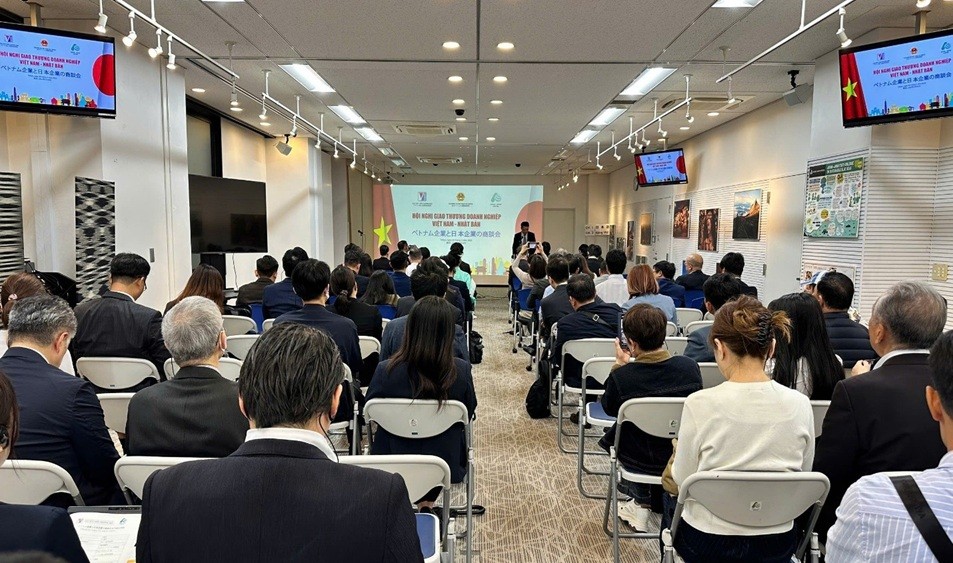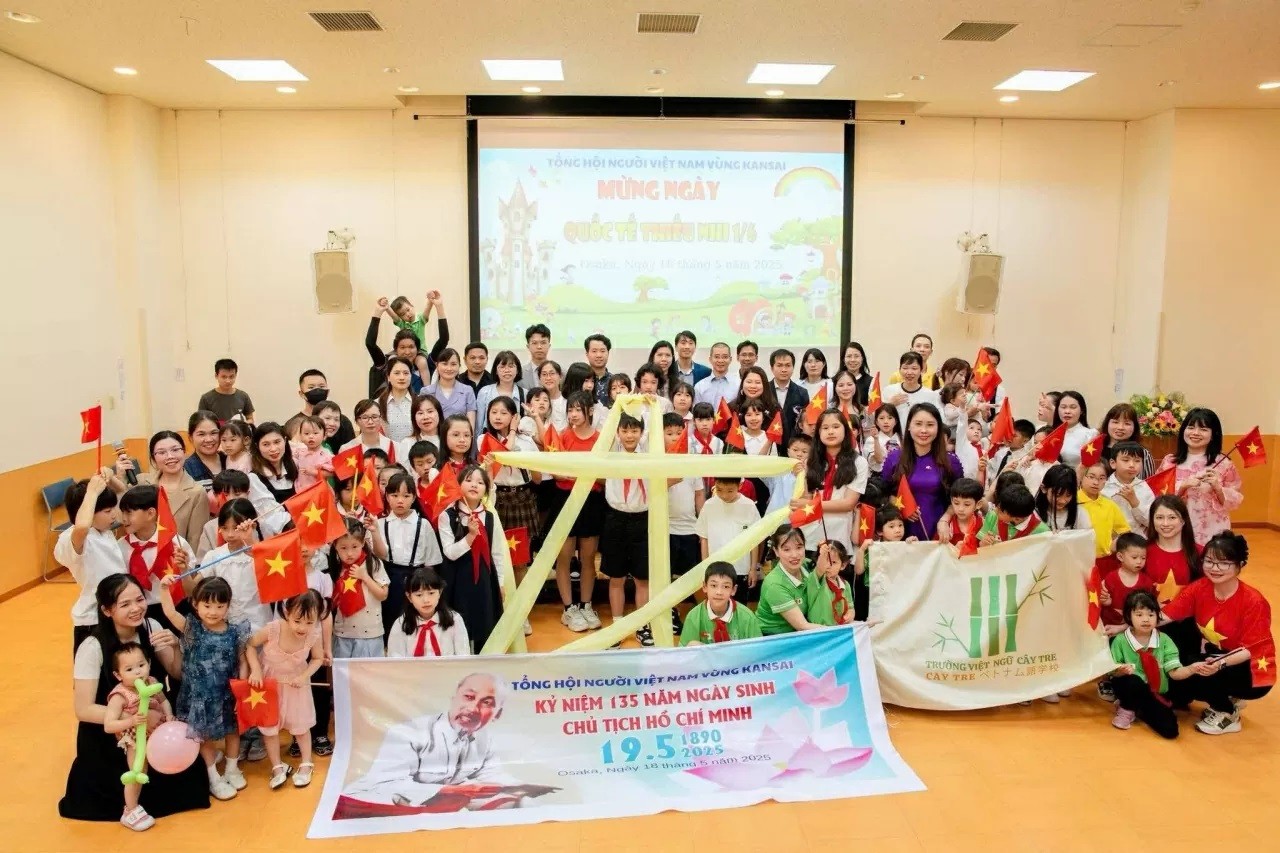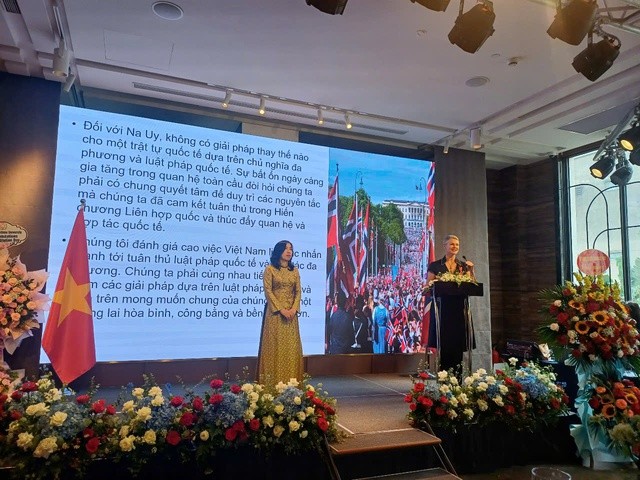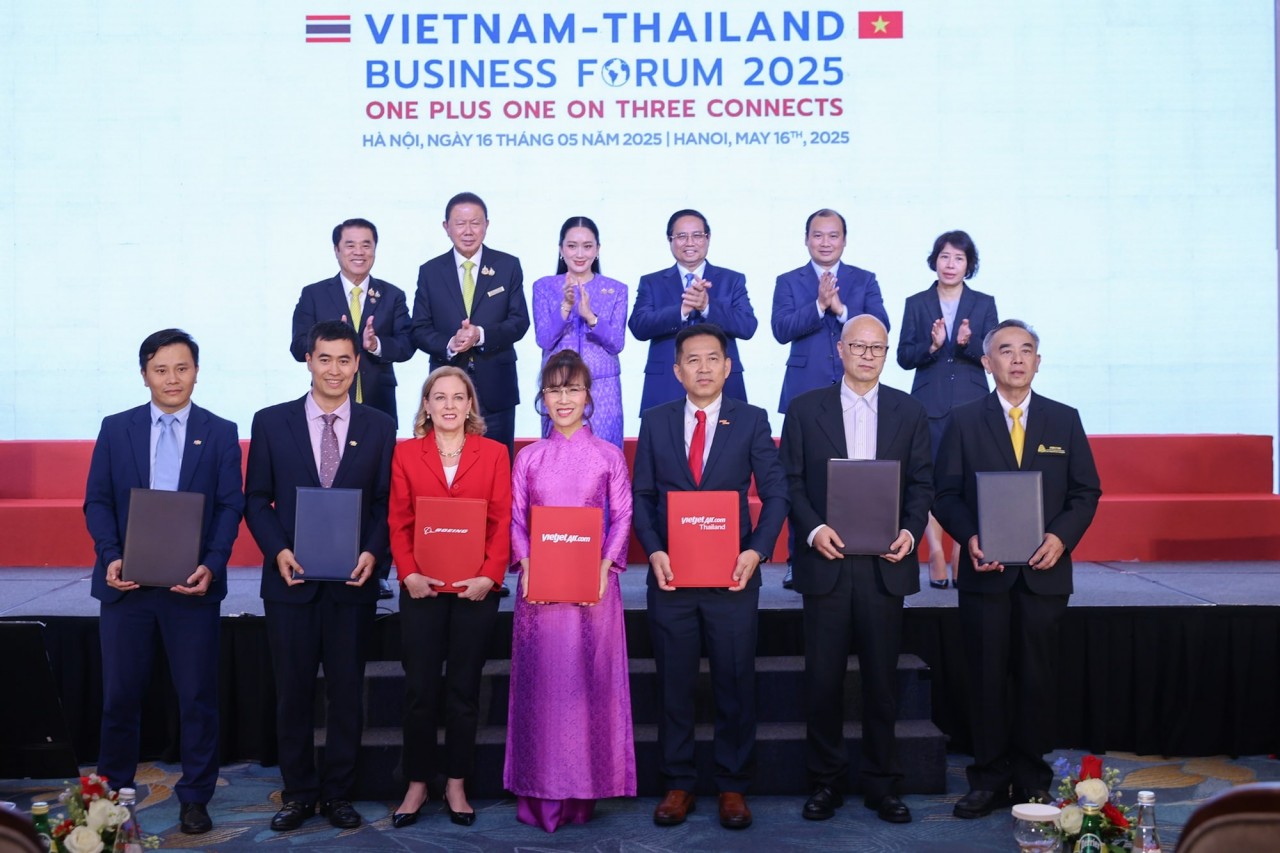Vietnam and Japan Seek to Enhance Agricultural Trade Cooperation
| Sport Unites Vietnamese Community in Japan | |
| Vietnam Honours Japan’s Corporations for their Contributions to Bilateral Friendship |
Significant cooperation potential
In his opening remarks at the seminar on "Supply chain connectivity to meet market demand”, Nguyen Do Anh Tuan, director general of the Department of International Cooperation under the Ministry of Agriculture and Rural Development, highlighted the growing trade relationship between Vietnam and Japan since the establishment of diplomatic ties in 1973. He noted that the partnership has expanded across multiple fields, deepening and broadening over time, with Vietnamese agriculture receiving considerable attention and support from Japan.
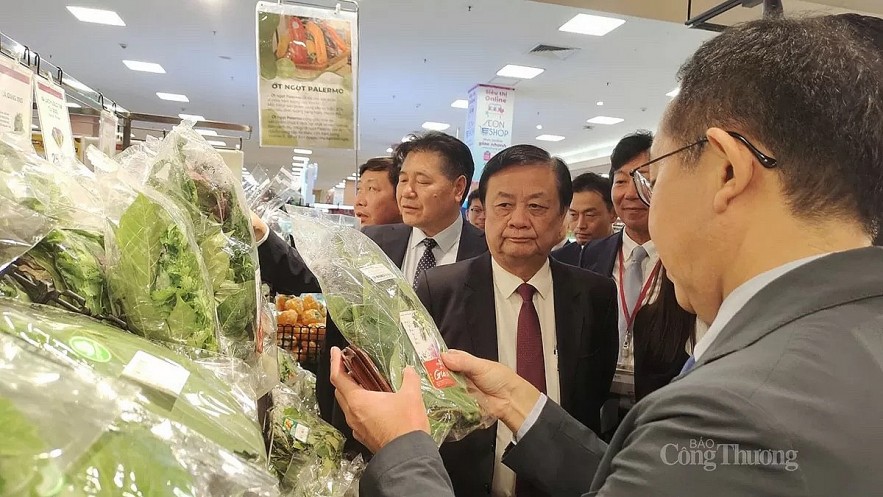 |
| Promoting Vietnamese agricultural products in the Japanese market. |
Vietnam and Japan each possess unique strengths and advantages that can drive agricultural cooperation. As a developed industrial nation, Japan boasts a modern agricultural sector and excels in the application of advanced technologies to agricultural production. However, Japanese agriculture currently meets only about 45% of domestic consumption needs, requiring significant imports of agricultural products annually. This presents a notable opportunity for Vietnam to expand its agricultural exports to Japan.
Since 2014, agricultural cooperation between Vietnam and Japan has undergone strategic and long-term advancements, reflected in high-level dialogues. While there have been significant achievements, challenges remain. For instance, Japanese investment in Vietnam's agricultural sector remains relatively low compared to other industries.
Vietnam's agricultural exports to Japan account for less than 2% of the total export value of Vietnamese goods to the Japanese market. This is despite Vietnam's participation in agreements such as the Comprehensive and Progressive Agreement for Trans-Pacific Partnership (CPTPP), the Vietnam-Japan Economic Partnership Agreement (VJEPA), and the ASEAN Trade in Goods Agreement (ATIGA). The overall export value of Vietnamese agricultural products to Japan still falls short of its potential, raising questions about the connection between Japanese and Vietnamese businesses and Japanese priorities in sourcing goods from Vietnam.
"The seminar serves as a vital bridge, connecting Vietnamese businesses, farmers, and regulatory agencies with Japanese partners to facilitate the inclusion of Vietnamese agricultural products in Japan’s retail systems, including AEON supermarkets," said Nguyen Do Anh Tuan, director general of the Department of International Cooperation under the Ministry of Agriculture and Rural Development.
"Agriculture is a sector with significant potential for Vietnam and Japan to collaborate. We hope that with Japanese technology, we can help Vietnam enhance productivity and boost the competitiveness of its agricultural products. Vietnam has the potential to become an agricultural powerhouse. In this journey, the Vietnam-Japan relationship will play a critical role," said Ito Naoki, ambassador extraordinary and plenipotentiary of Japan to Vietnam.
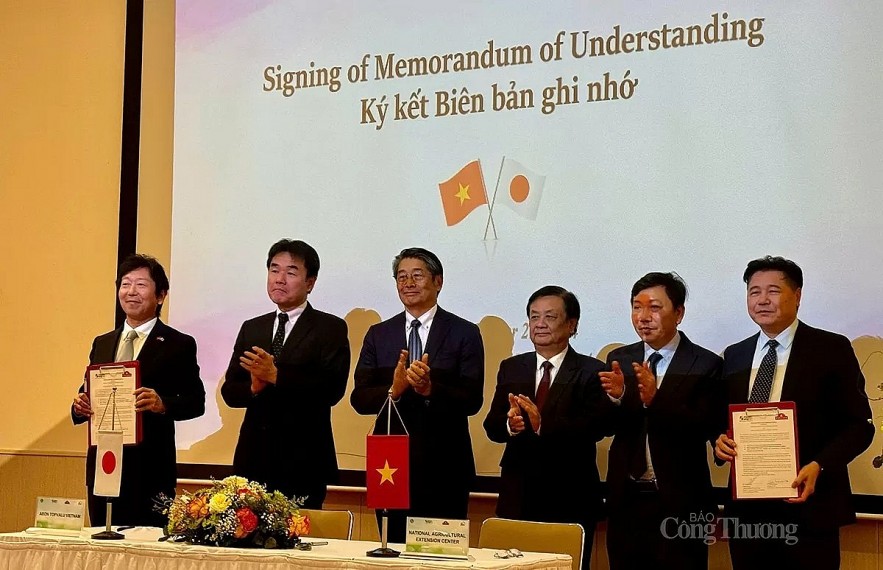 |
| Memorandum of Understanding on promoting the consumption of agricultural products between the National Agricultural Extension Center and AEON Topvalu Vietnam Co., Ltd. |
Prioritizing value in Vietnamese agricultural exports
Minister of Agriculture and Rural Development Le Minh Hoan emphasized that Japan is currently one of Vietnam's key export markets for agricultural, forestry, and fishery products. The trade relationship between Vietnam and Japan reflects a largely complementary structure in goods, with minimal competition between the two countries.
Additionally, despite Japan being a major global economy, the range of Vietnamese exports to this market remains limited, indicating significant untapped potential for growth and development in the coming years.
Vietnam and Japan face significant challenges in agricultural cooperation due to Japan's stringent technical standards in agriculture, global economic fluctuations, domestic production protectionism, and other global disruptions. Factors such as military conflicts, trade embargoes, and the resurgence of pandemics pose heightened risks to global supply chain disruptions, further complicating agricultural trade between the two countries. These challenges require both nations to intensify their efforts in negotiating, developing cooperation mechanisms, facilitating dialogue, and adjusting production processes and technologies to overcome these difficulties.
"Japanese agriculture is not driven by fertilizers or pesticides but by heart and dedication. Trust me, if we prioritize consumers, they will be willing to pay higher prices. When Vietnamese agricultural products prioritize value and consumers, combined with Japan's technical support, they will not only gain greater access to the Japanese market but also reach further globally," said Minister Le Minh Hoan.
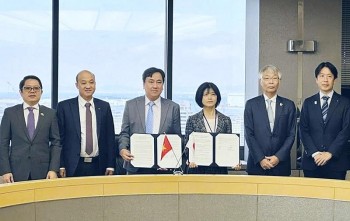 | Sakai City (Japan) and Da Nang City To Build Carbon-neutral Urban Model The central city of Da Nang (Vietnam) and Sakai city (Japan) have agreed to boost cooperation in building a carbon-neutral model, investment, trade, tourism and ... |
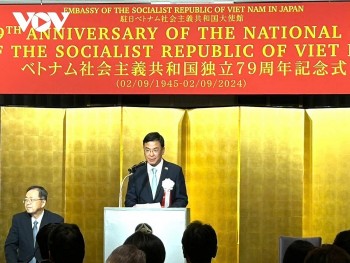 | Strong and Steady Development in Vietnam-Japan Relations The Vietnamese Embassy in Japan recently held a ceremony to celebrate Vietnam's National Day in Tokyo. This is an important diplomatic event, reflecting the national ... |
Recommended
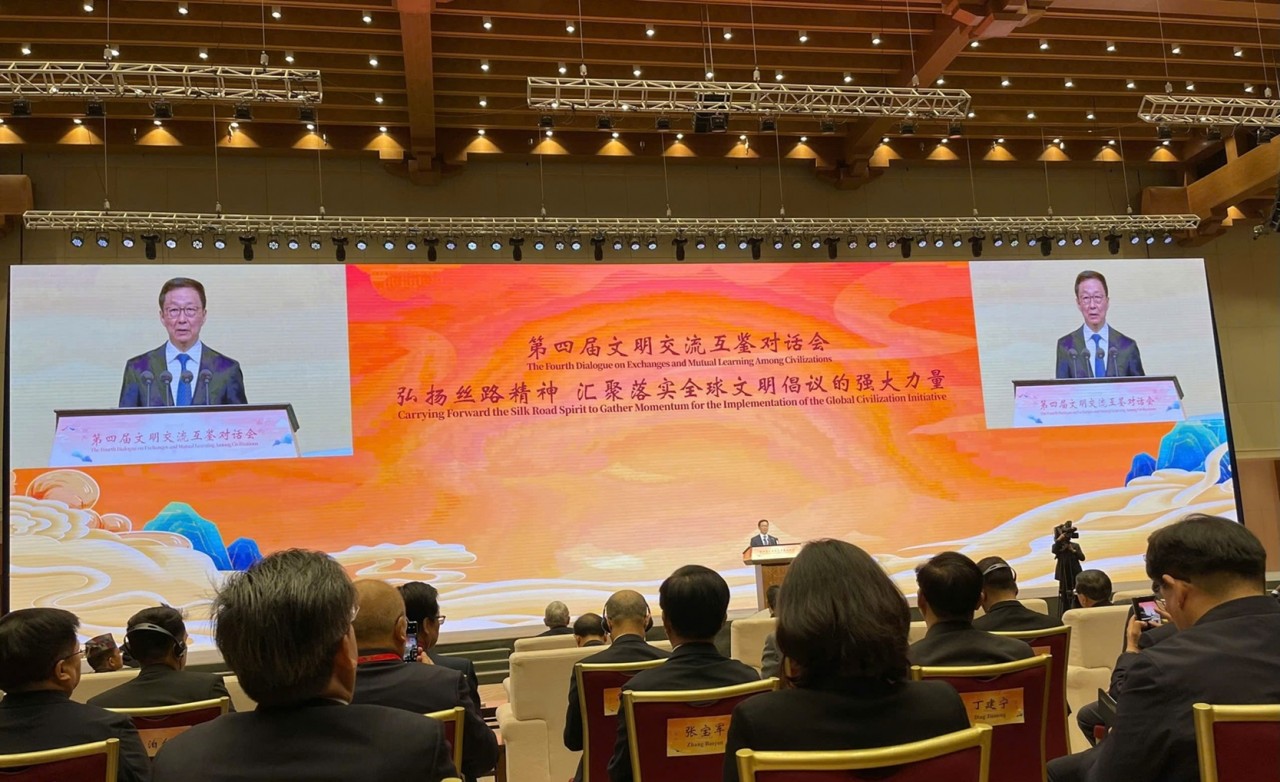 Friendship
Friendship
VUFO Attends Fourth Dialogue on Exchange and Mutual Learning among Civilizations
 Friendship
Friendship
COPI (US) Provides Free Medical Check-Ups for Nearly 1,000 People in Quang Nam
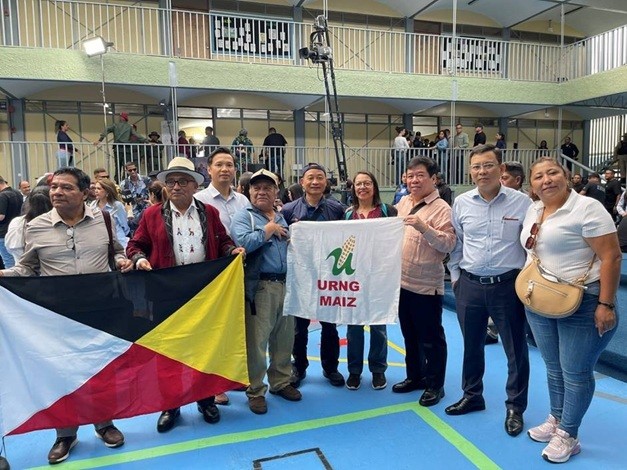 Focus
Focus
Strengthen Solidarity and Friendship Between Vietnam and Venezuela
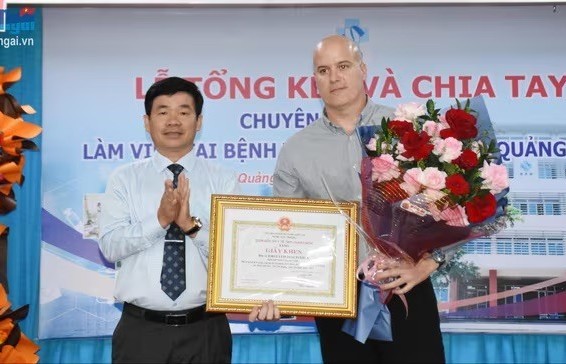 Friendship
Friendship
Quang Ngai Recognizes Cuban Health Experts' Contributions to Mother and Child Care
Popular article
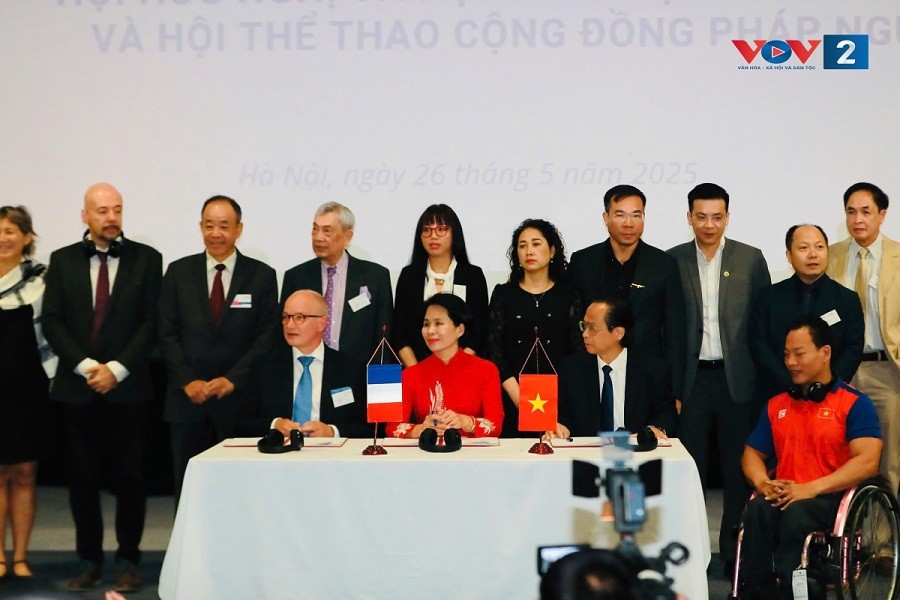 Friendship
Friendship
Vietnam, France Promote High-performance Sports
 Friendship
Friendship
Concert In Hanoi Highlights Vietnam - Azerbaijan Ties
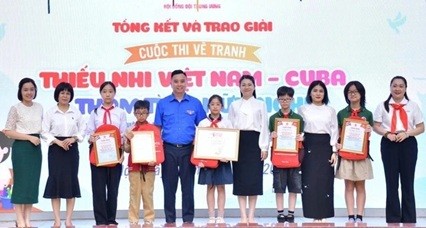 Focus
Focus
"Vietnamese - Cuban Children, Deep Friendship" Painting Contest Announces Winners
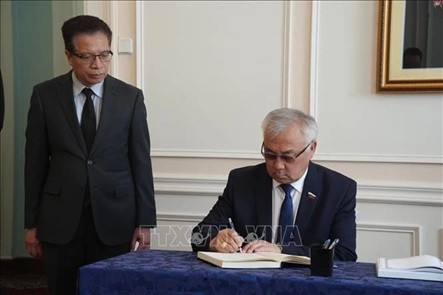 Friendship
Friendship




